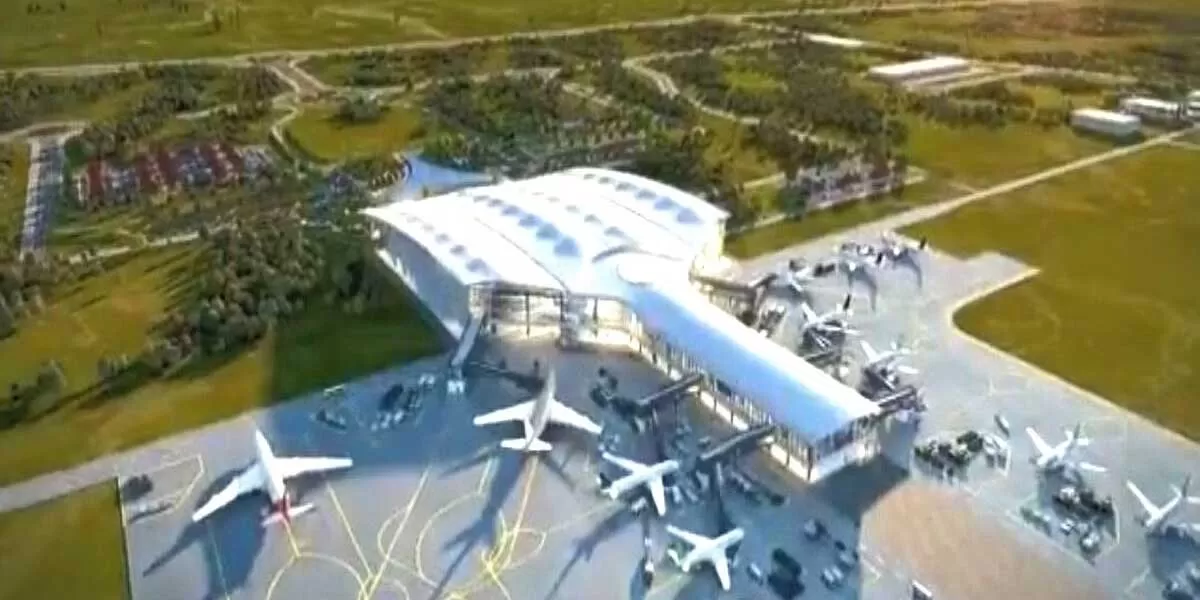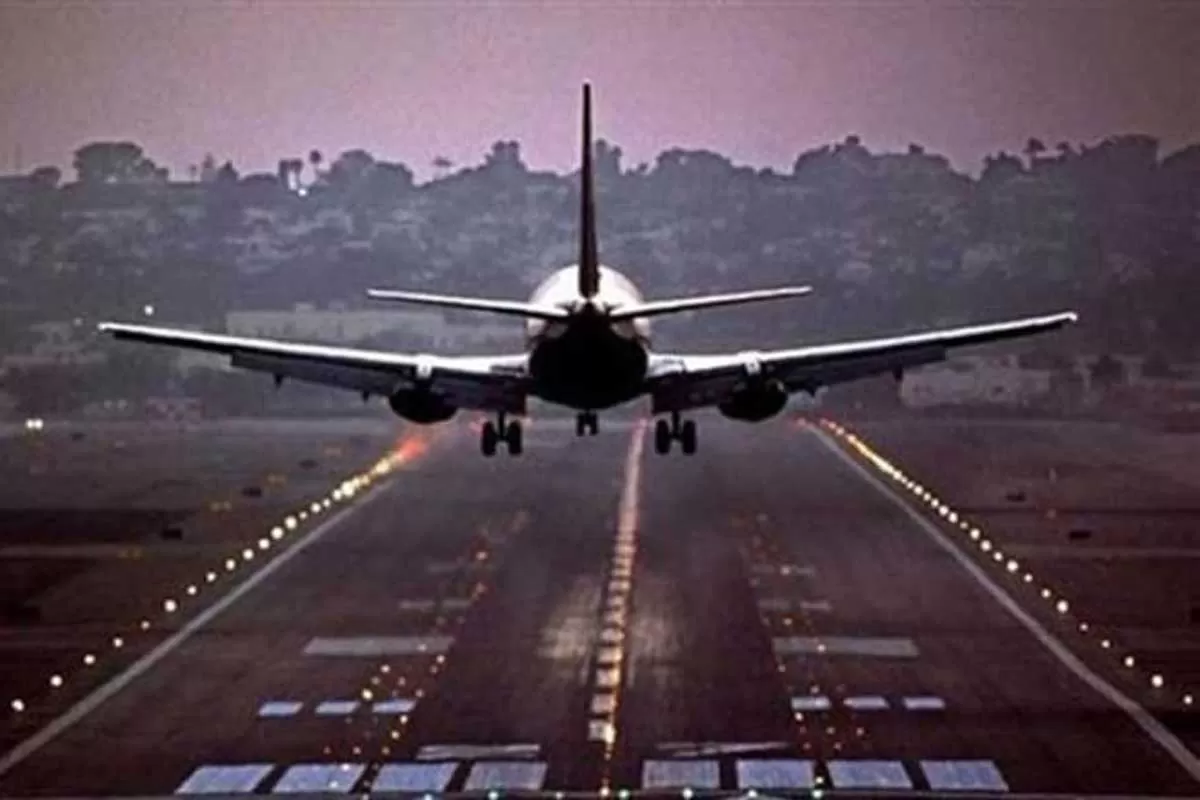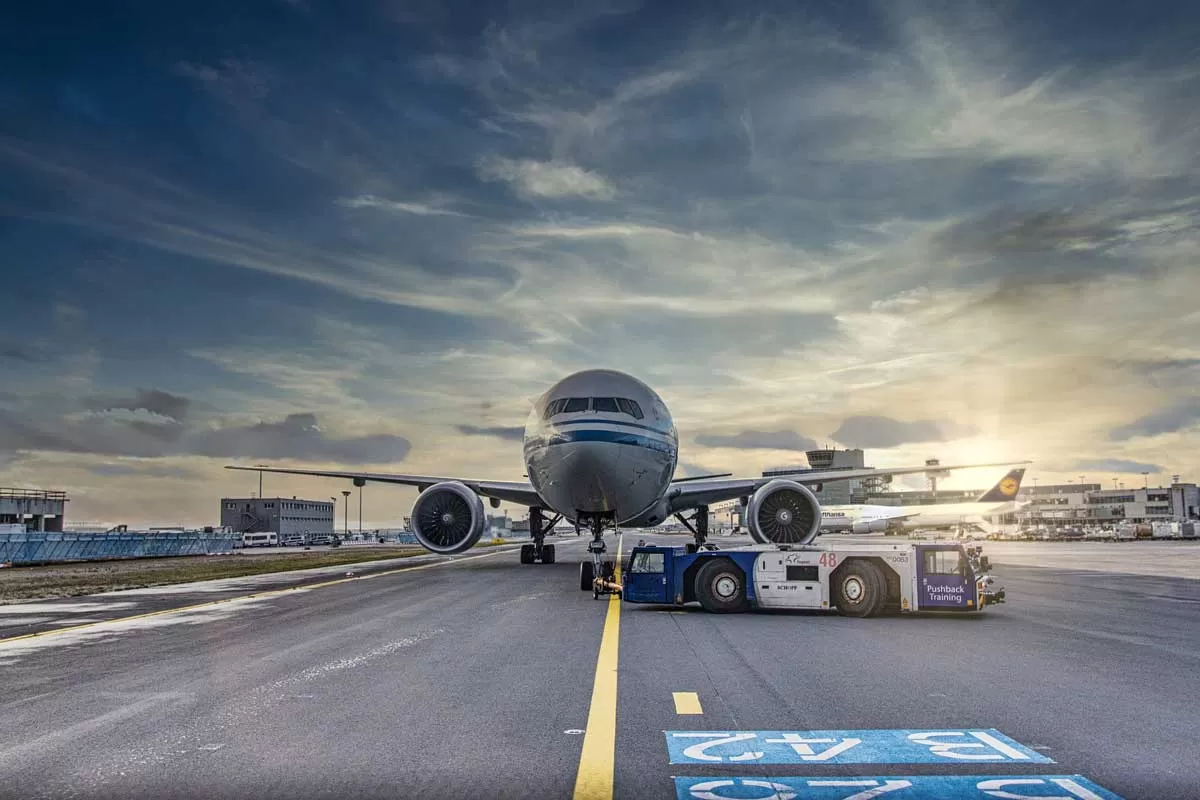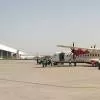
Adani Enterprises aims for 75% non-aero revenue share at airports

Adani Enterprises' Massive Investment
Adani Enterprises, led by billionaire Gautam Adani, is set to invest ?80,000 crore in the current fiscal year. A significant portion of this investment, approximately ?50,000 crore, will be allocated to Adani New Industries Ltd (ANIL) and airport projects. ANIL is focused on producing solar modules and green hydrogen, aiming to manufacture 10 gigawatts of solar modules and 3 gigawatts of wind turbines.
The investment plan includes ?12,000 crore for road development, particularly for the Ganga Expressway, ?10,000 crore for a new PVC project, and ?5,000 crore for data centres. This subst..

Adani Enterprises Plans Rs.8.5 Billion Investment
Adani Enterprises, a prominent Indian conglomerate, has unveiled ambitious plans to invest Rs 80,000 crore in capital expenditure during the current fiscal year. This substantial investment underscores the group's commitment to aggressive expansion across various sectors.
The investment primarily aims to bolster Adani's presence in key areas such as infrastructure, renewable energy, logistics, and coal mining. With this significant infusion of capital, Adani Enterprises is poised to fuel its growth trajectory and solidify its position as a major player in India's economic landscape...

Adani Enterprises Q4 Profit Drops 38%
Adani Enterprises, a leading conglomerate in India, has reported a 38% decline in its fourth-quarter profit. The decrease is attributed primarily to challenges faced by its roads business segment, impacting the company's overall financial performance.
The decline in profit reflects the difficulties encountered by Adani Enterprises in its roads business, which has weighed on its earnings for the quarter. Despite strong performance in other sectors, the challenges in the roads segment have had a significant impact on the company's bottom line.
Adani Enterprises' financial results..

Noida Airport to be linked by expressway, rapid rail, and pod taxi
The construction of Noida International Airport, also known as Jewar airport, was in its final stages, and passenger services were expected to begin in October. The airport would be linked by six roads and a rapid rail-cum-metro, in addition to pod taxis.
Upon completion, the Noida airport was projected to be the largest in India and the third in the National Capital Region (NCR) after Delhi airport and Hindon airbase in Ghaziabad.
A 31-km greenfield expressway was being built to connect the airport to the Delhi-Mumbai Expressway at Ballabhgarh.
The National Highway Aut..

Nagpur Airport: Mihan Dream grounded, vantage point lost
Nagpur's unique and strategic central location was once lauded for placing it on the nation's aviation map. It was hailed for its efforts in creating a harmonized air traffic management system with continuous airspace over the city, alongside establishing a centralized cargo hub. However, Dr Babasaheb Ambedkar International Airport is currently mired in apathy and has seemingly vanished from the national radar across various parameters, barely meeting the standards expected of a tier-2 city airport.
The airport, bearing its international tag, serves merely two flights to two foreign de..














